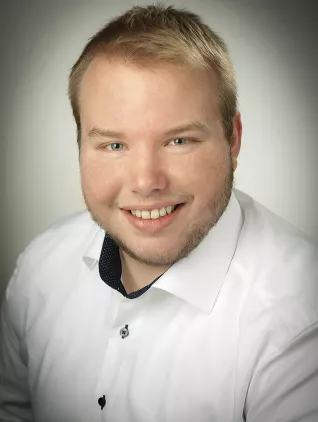LEITNING - Power converters for robust and reliable energy supply through integration of "green" generators
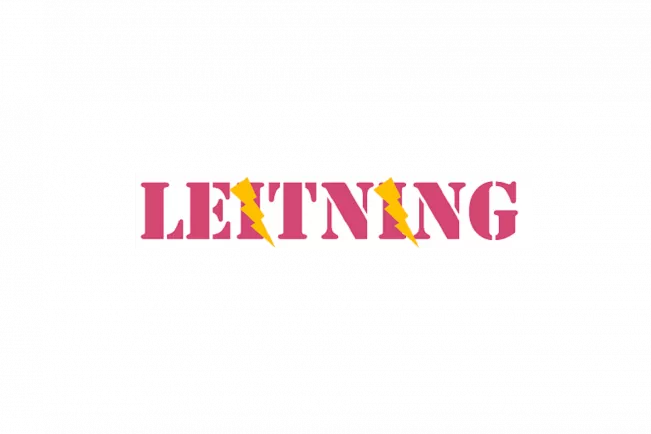
Research project at a glance

Departments and Instituts
Period
01.04.2020 to 31.03.2024
Project Description
In the LEITNING project, a novel battery inverter with high mass power density is being researched and field tested to provide a highly-available and modular AC grid and grid-supporting functions using advanced circuit topologies based on innovative SiC MOSFET power modules, magnetic devices and control strategies.
Operation at a switching frequency of up to 200 kHz in the 200 kW power range is expected to result in massive material, weight and cost savings compared to commercially available inverter solutions today. Specifically, the project results are expected to reduce the price of the inverter by about 40 % from 50-90 €/kW to 30-60 €/kW. At the same time, an increase in mass power density of 25 % to 2.5 kW/kg is targeted (state of the art for compact solutions: below 2.0 kW/kg).
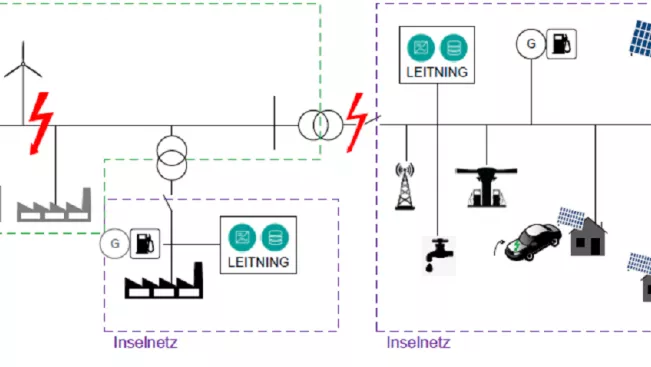
Specific target applications for the compact high-performance inverter grid resource platform, each incorporating locally available renewable energy sources, are:
- Power flow optimisation, stabilisation and support of weak grids.
- Rapid detection and ride-through of grid faults
- Provision of power supply in case of system-related fluctuating supply by decentralised generation units
- Emergency power supply of sensitive areas and critical loads in case of grid faults and grid failures (e.g. mobile phone stations or water supply)
- Islanding of sub-grids with subsequent re-synchronisation with the interconnected grid
The envisaged high mass power density of the inverter and the associated low weight are the key to opening up new fields of application for the simple and flexible integration of renewable energies with the planned solution. This means that the planned expansion can continue to take place without delay. Furthermore, the project contributes to achieving the CO2 reduction targets.
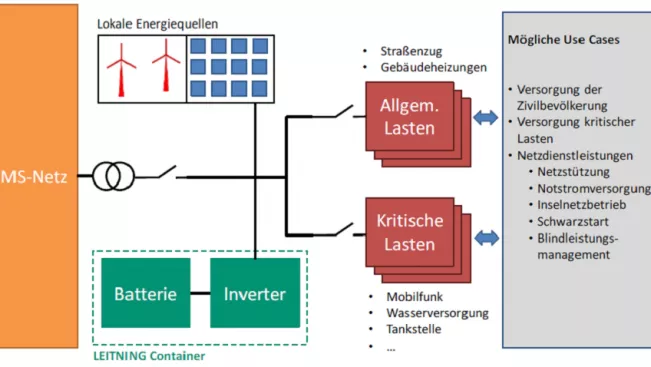
In addition to photovoltaics (PV), further fields of application for the new generation of inverters are stationary battery storage for grid support and the provision of grid services such as black start capability and the construction of microgrids. Furthermore, the targeted technologies are particularly suitable for use in off-grid regions (low weight and easy transport) under extreme climatic conditions (low losses, less heat loss, easier cooling). This offers clear advantages both for the further development of renewable energies in Germany and for the involvement of German industry in developing and emerging countries to improve the energy infrastructure and living conditions there.
In its project, H-BRS is focusing on the investigation of suitable topologies for high-clocked power converters that are congruent with the requirements of the project. Furthermore, the system components will be characterised in order to ensure an optimal design of the hardware. In parallel, control strategies are being researched that have grid-supporting properties and at the same time take into account the properties of the new hardware in order to ensure efficient and grid-serving operation of the battery inverter.
Cooperation partners
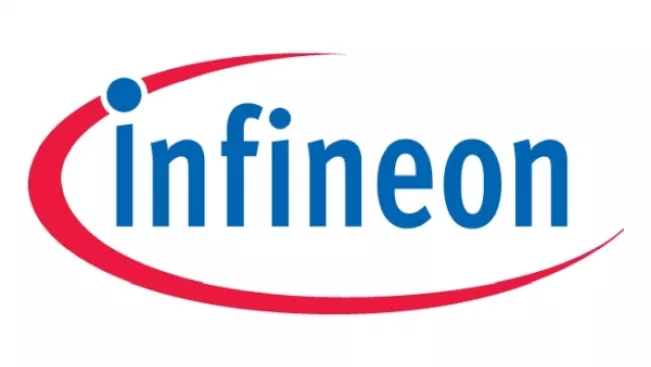
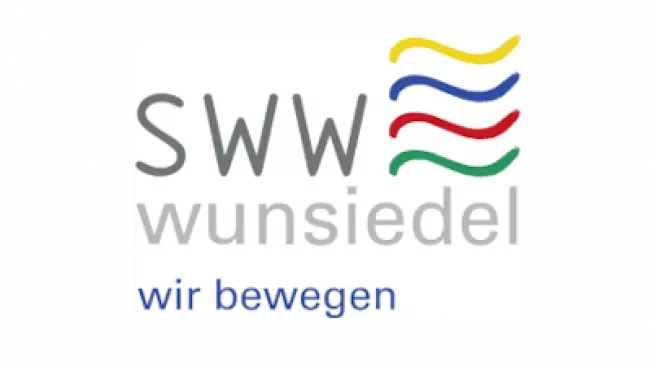
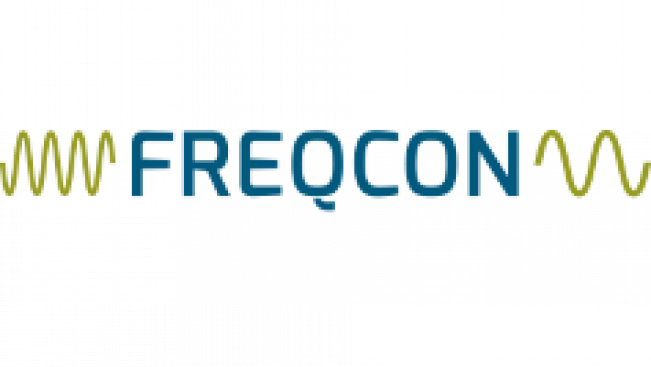
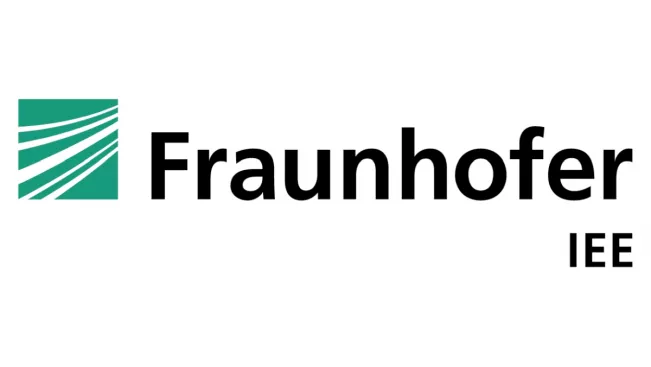

Sponsors
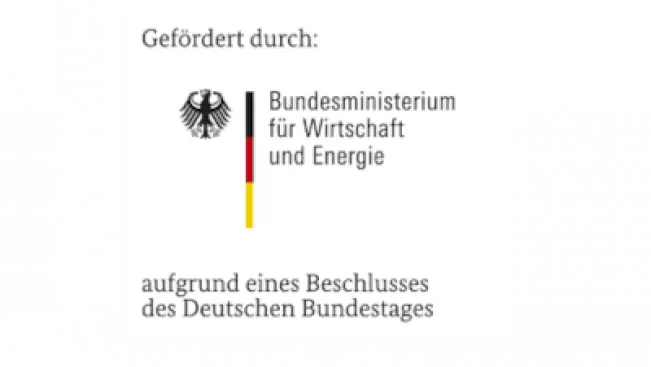
Links
Weiterführende Links

